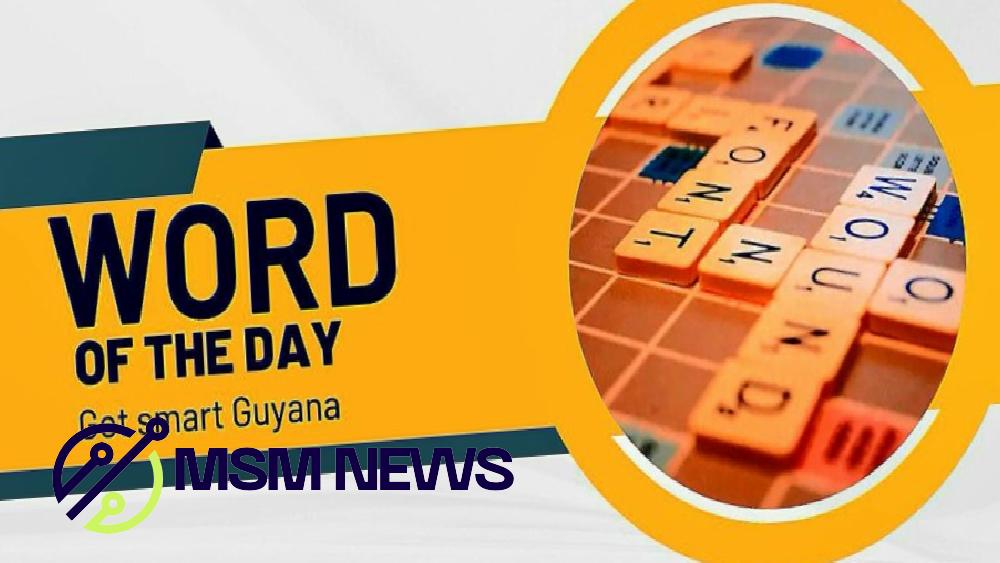WORD OF THE DAY: ETHEREAL
adjective | ih-THEER-ee-ul
What It Means
Ethereal means “of or relating to the regions beyond the earth” or “of or resembling heaven.” It can also mean “lacking material substance” and “relating to, containing, or resembling a chemical ether.”
// The windows give the church an ethereal glow.
// The images of the underwater cave show a strange world of ethereal beauty.
Examples of ETHEREAL
“R’lyeh laughs to see that Manny has brought his battle persona of King Kong to the fore again, this time directing the strategy of all the others. The beast’s lower half is elsewhere, ethereal, transcending the realms again so as to minimise damage and loss of life. The upper half, however, has formed very real fists of tough, ancient Manhattan schist.” — N. K. Jemisin, The World We Make: A Novel, 2022
Did You Know?
If you’re burning to know the history of ethereal, you’re in the right spirit to fully understand the word’s etymology. The ancient Greeks believed that the Earth was composed of earth, air, fire, and water, but that the heavens and its denizens were made of a purer, less tangible substance known (in English transliteration) as either quintessence or ether. Ether was often described as an invisible light or fire; its name comes from the Greek verb aithein, meaning “to ignite” or “to blaze.” When ethereal, the adjectival kin of ether, debuted in English in the 1500s, it described regions beyond the Earth or anything that seemed to originate from them.
Merriam-Webster Dictionary

Leave a Reply